12 Anti-Inflammatory Foods That Can Transform Your Health
In today’s fast-paced world, the food choices we make have a profound impact on our health and well-being. Among the many health challenges we face, chronic inflammation has emerged as a silent but significant contributor to a wide range of diseases, including arthritis, heart disease, diabetes, and even mental health disorders. One of the most powerful ways to combat inflammation is through diet. Foods rich in antioxidants, healthy fats, vitamins, and minerals can help your body fight inflammation, repair damage, and promote overall health. These dietary choices not only protect against disease but also enhance energy levels, mood, and longevity. The good news? Incorporating anti-inflammatory foods into your meals doesn’t have to be complicated or expensive. By adding a variety of nutrient-rich options to your diet, you can take proactive steps toward better health and vitality.
1. Turmeric
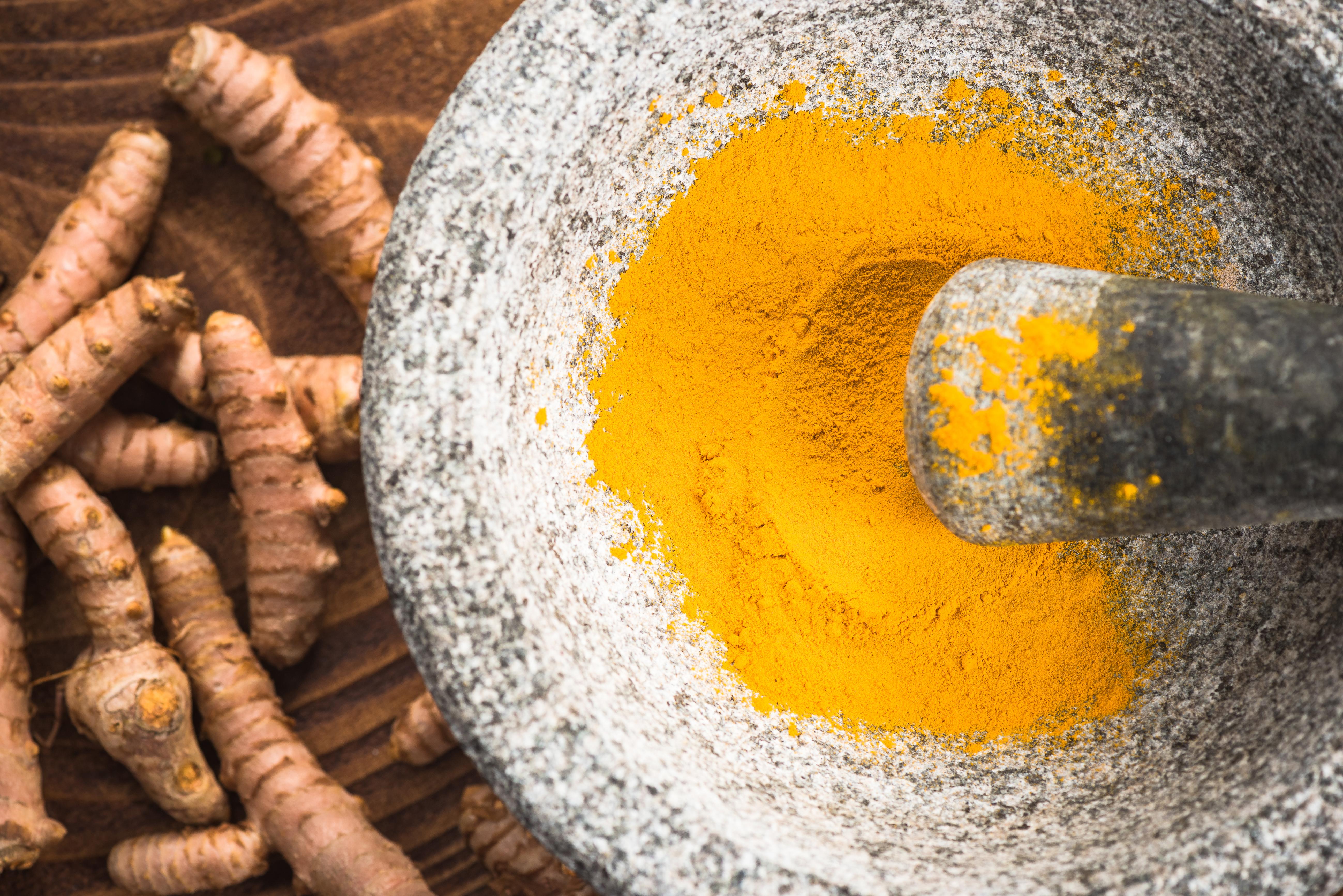
Turmeric is a vibrant yellow spice that has been used in traditional medicine for centuries. Its active compound, curcumin, is one of the most powerful natural anti-inflammatory agents known. Curcumin works by blocking certain molecules and enzymes that trigger inflammation in the body, making it particularly effective for reducing joint pain and stiffness associated with conditions like arthritis. Studies have also linked turmeric to improved brain function and a lower risk of heart disease. Incorporating turmeric into your diet is simple and versatile. Add it to curries, soups, or stews for a warm, earthy flavor. For a health-boosting drink, try golden milk, a comforting mix of turmeric, milk, and spices. You can also sprinkle turmeric into smoothies or use it to season roasted vegetables. To enhance its absorption, combine turmeric with black pepper, as piperine in the pepper increases curcumin's bioavailability.
2. Ginger
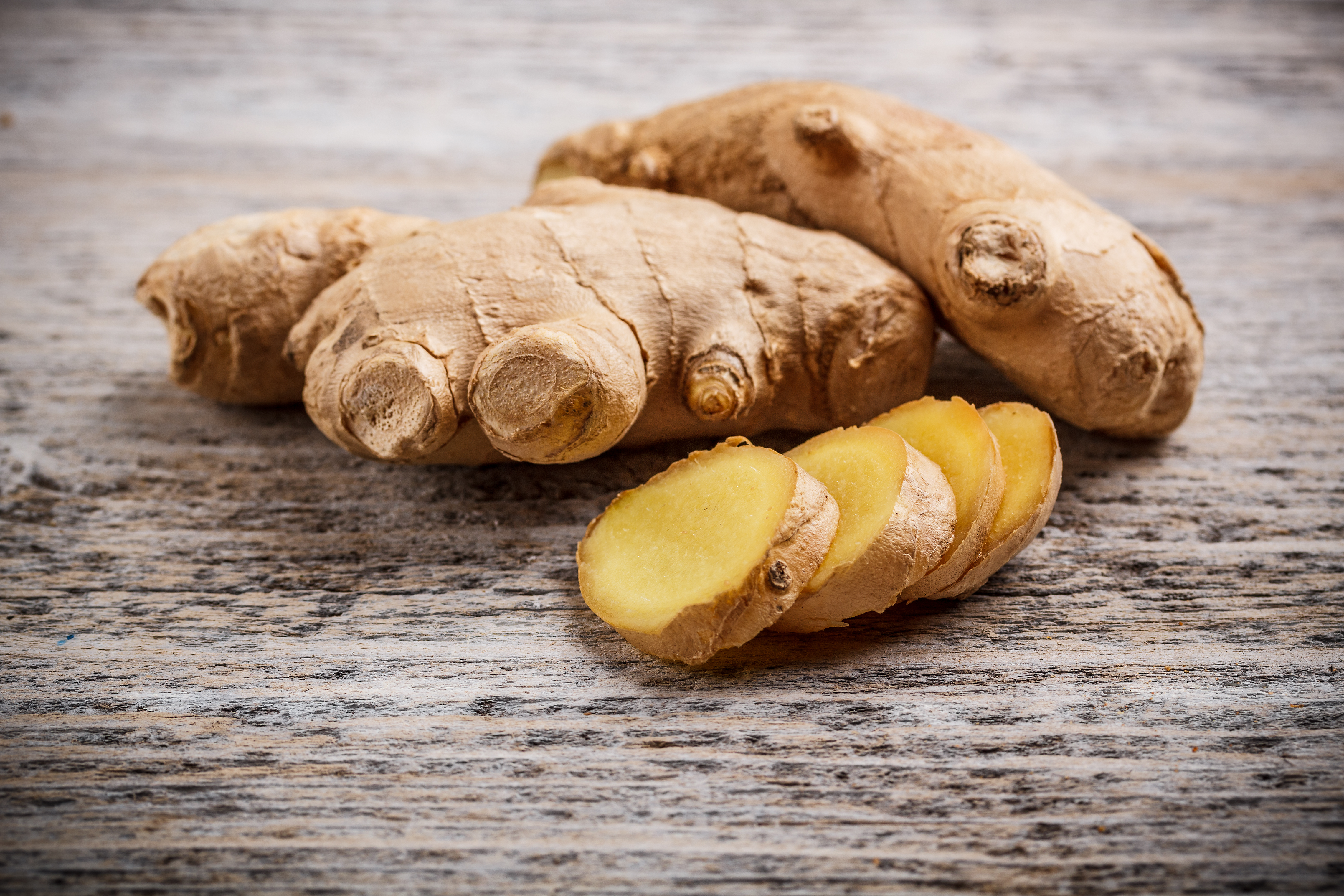
Ginger is a spicy, aromatic root that packs a powerful punch when it comes to reducing inflammation. It contains gingerol, a bioactive compound with anti-inflammatory and antioxidant properties. Ginger has been shown to alleviate pain and swelling in conditions like osteoarthritis and is also effective in calming the digestive system, making it a natural remedy for nausea and bloating. Adding ginger to your diet is easy and flavorful. Grate fresh ginger into teas or smoothies for a refreshing kick. Use it in marinades or stir-fries to add depth to your dishes. Ginger pairs well with both sweet and savory recipes, making it a versatile ingredient in cookies, cakes, soups, and sauces. Keep fresh ginger on hand to add a quick, anti-inflammatory boost to your meals.
3. Berries
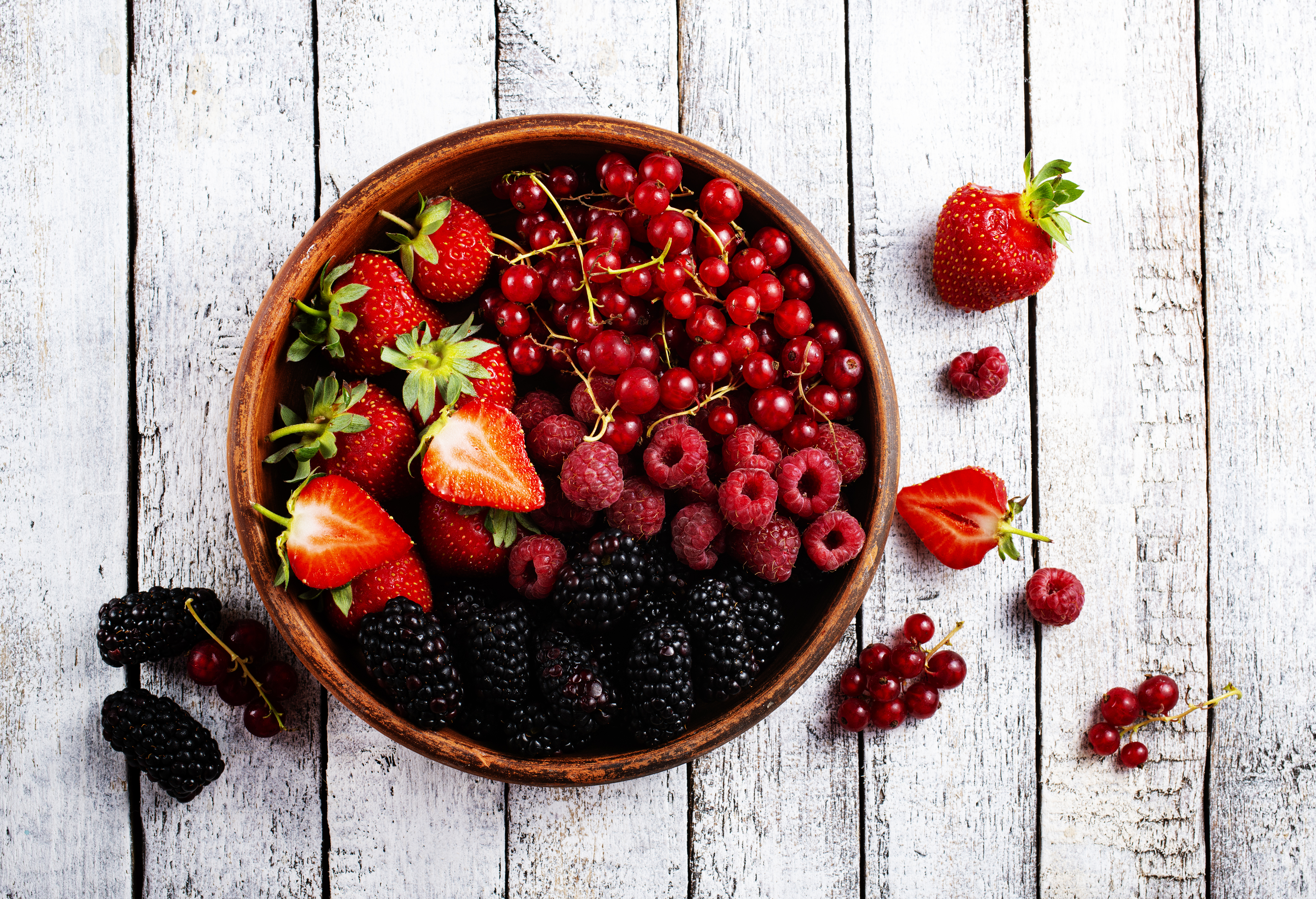
Berries are small but mighty when it comes to fighting inflammation. Blueberries, strawberries, raspberries, and blackberries are all loaded with antioxidants, particularly anthocyanins, which are responsible for their vibrant colors. These antioxidants work to neutralize harmful free radicals in the body, reducing oxidative stress and lowering inflammation. Regular consumption of berries has been linked to improved brain health, better heart function, and a reduced risk of chronic diseases like diabetes. Enjoy berries fresh as a snack, blend them into smoothies, or sprinkle them over yogurt and oatmeal. Frozen berries are a great option when fresh ones are out of season, and they retain their nutritional value. For a delicious treat, bake berries into muffins or mix them into salads for a burst of sweetness. Their versatility and health benefits make them an easy addition to any meal.
4. Leafy Greens
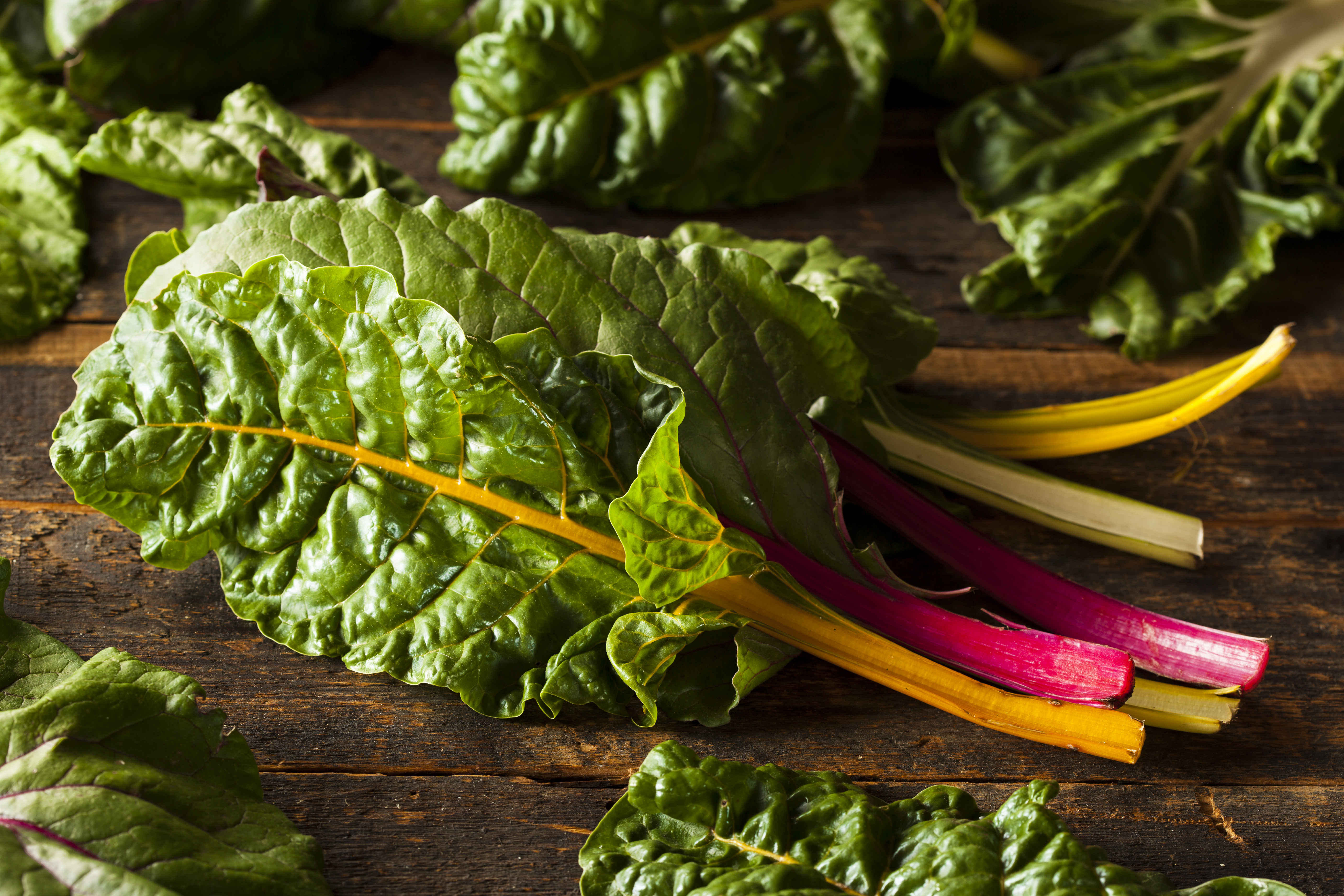
Leafy greens like spinach, kale, Swiss chard, and arugula are some of the most nutrient-dense foods you can eat. They are rich in vitamins A, C, and K, as well as folate and magnesium, which are all essential for reducing inflammation and supporting overall health. These greens are also packed with antioxidants like beta carotene, which protect the body from cellular damage caused by free radicals. Incorporate leafy greens into your diet by adding them to salads, smoothies, or soups. Sauté them with garlic and olive oil for a quick and delicious side dish, or toss them into a stir-fry for added nutrients. You can also use leafy greens as a base for grain bowls or wraps. Their mild flavor makes them a versatile ingredient that can be easily integrated into any meal.
5. Fatty Fish
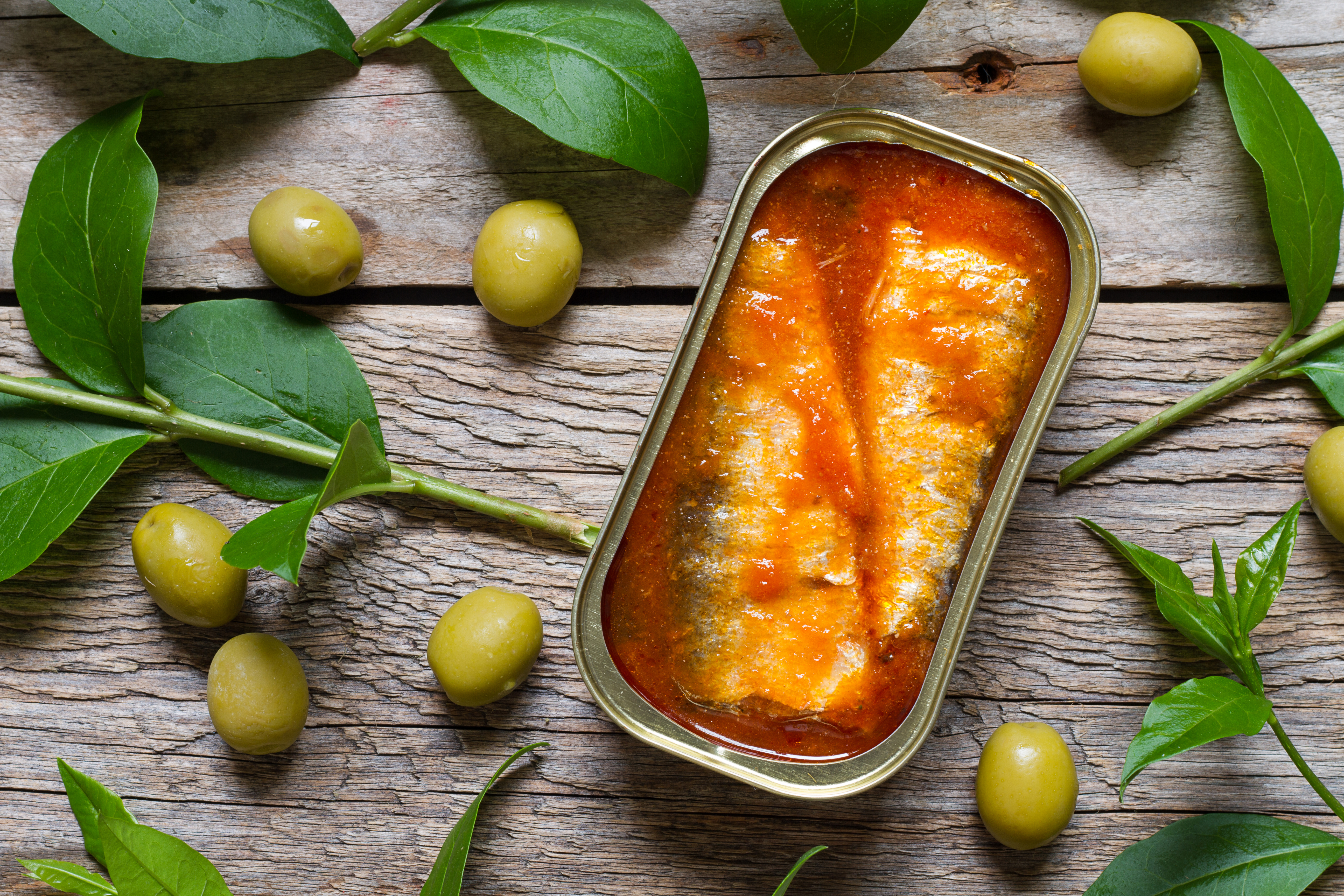
Fatty fish such as salmon, mackerel, sardines, and tuna are rich in omega-3 fatty acids, which are renowned for their anti-inflammatory properties. Omega-3s, particularly EPA and DHA, help reduce the production of inflammatory compounds in the body, making them effective for managing conditions like rheumatoid arthritis, heart disease, and even depression. Include fatty fish in your diet by grilling, baking, or pan-searing it with your favorite herbs and spices. Smoked salmon makes an excellent addition to salads or bagels, while canned sardines and tuna are convenient options for quick meals. If you’re plant-based, consider incorporating algae-based omega-3 supplements to ensure you’re reaping the anti-inflammatory benefits of these essential fats.
6. Olive Oil
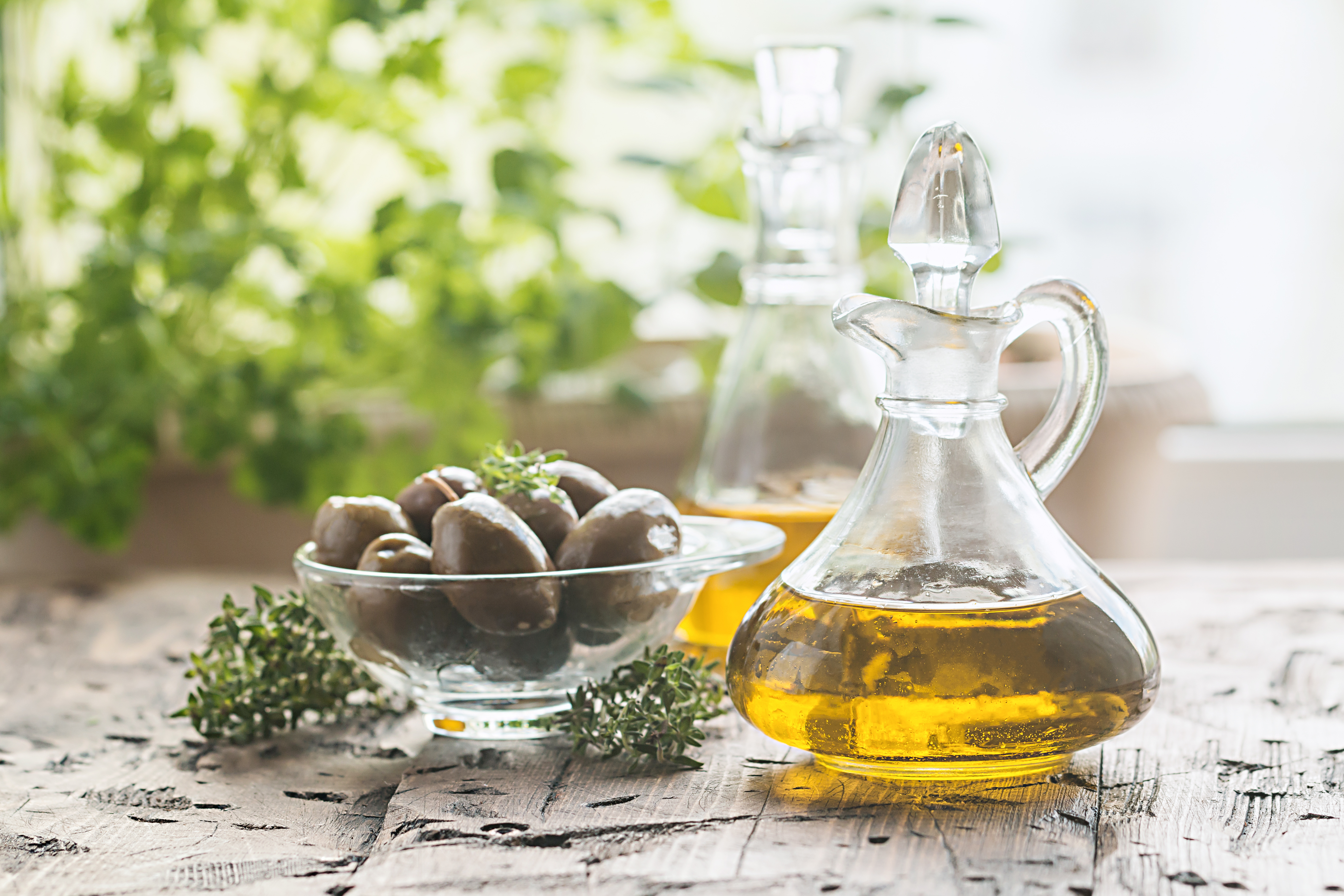
Extra virgin olive oil is a cornerstone of the Mediterranean diet, celebrated for its heart-healthy fats and anti-inflammatory effects. It contains oleocanthal, a compound that acts similarly to ibuprofen in reducing inflammation. Regular consumption of olive oil has been linked to a lower risk of chronic diseases like heart disease, diabetes, and Alzheimer's. Drizzle olive oil over salads or roasted vegetables, or use it as a base for homemade dressings and marinades. It’s also an excellent choice for low-heat cooking and adds a rich flavor to soups and stews. For the best health benefits, opt for high-quality, cold-pressed extra virgin olive oil, which retains more of its antioxidants and beneficial compounds.
7. Tomatoes
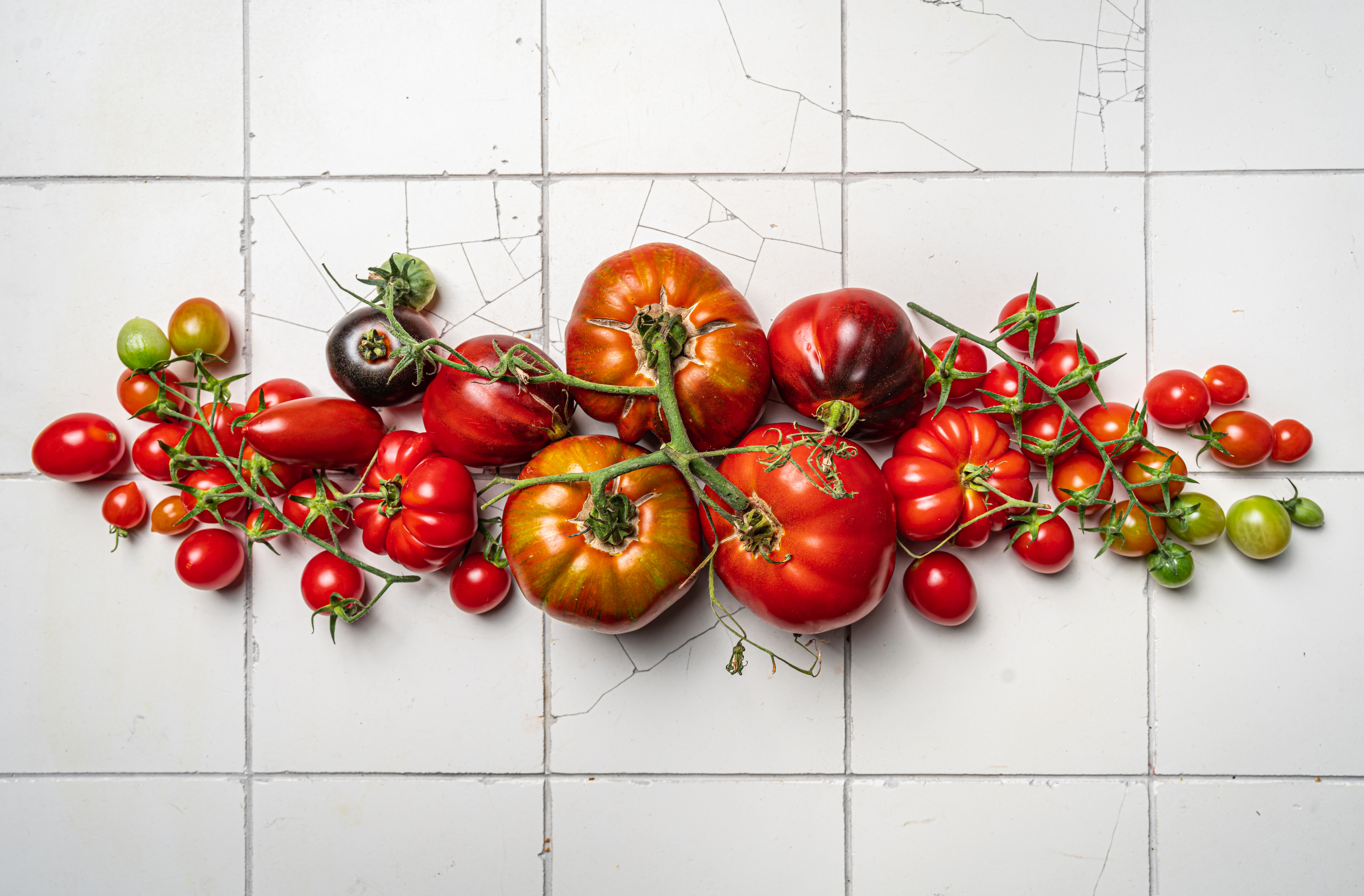
Tomatoes are a delicious and versatile anti-inflammatory food, thanks to their high content of lycopene, a powerful antioxidant. Lycopene has been shown to reduce inflammation in the lungs, heart, and other organs. Cooking tomatoes enhances their lycopene content, making tomato-based sauces, soups, and stews particularly beneficial. Add fresh tomatoes to salads, sandwiches, or wraps for a burst of flavor. Roasted cherry tomatoes make a sweet and savory side dish, while sun-dried tomatoes add a concentrated flavor to pastas and pizzas. Whether fresh or cooked, tomatoes are a simple way to add anti-inflammatory benefits to your meals.
8. Nuts and Seeds
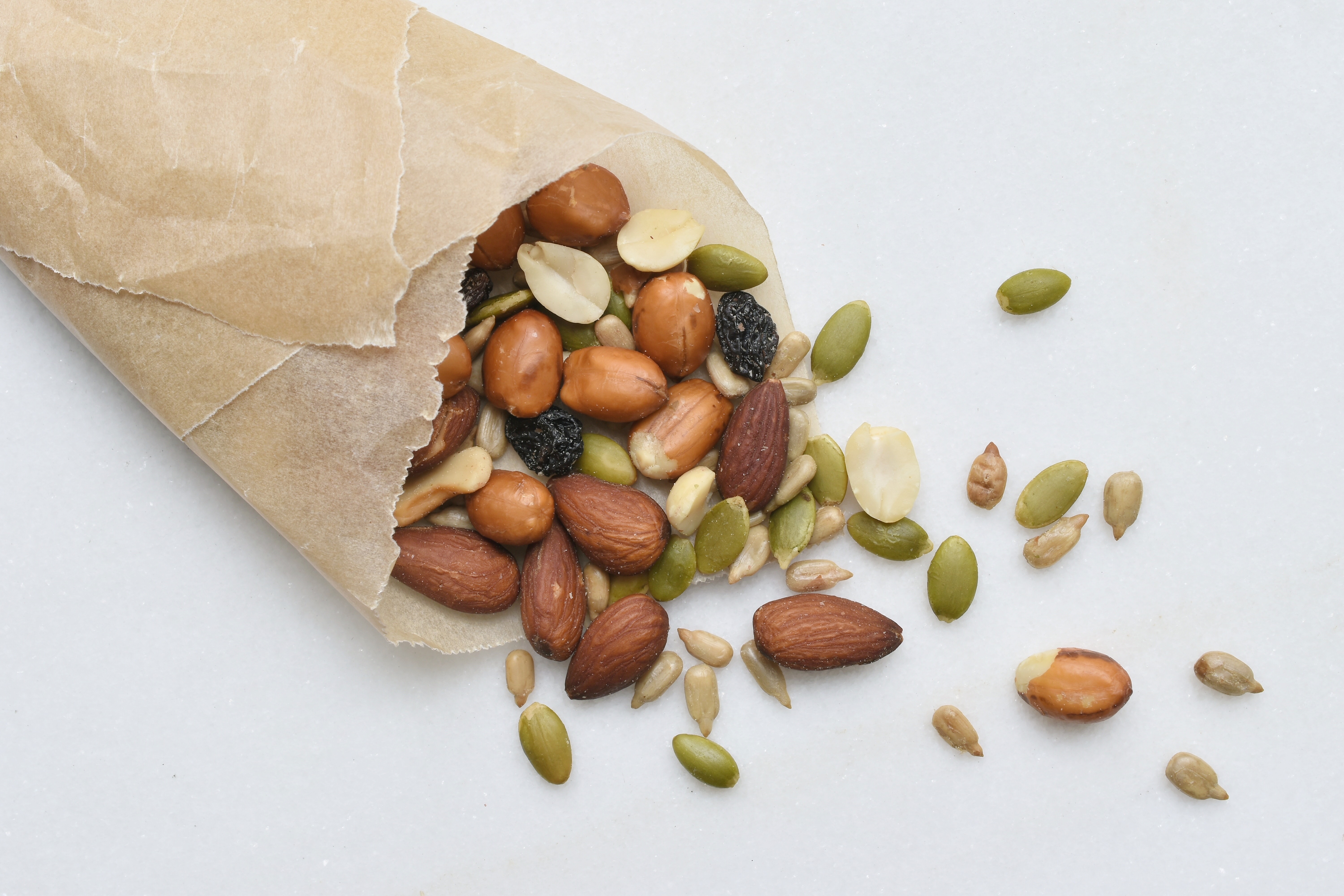
Nuts and seeds like almonds, walnuts, chia seeds, and flaxseeds are nutrient-dense powerhouses loaded with healthy fats, fiber, and antioxidants. They are particularly rich in alpha-linolenic acid (ALA), a type of omega-3 fatty acid that helps reduce inflammation and support heart health. Snack on a handful of nuts or use them as a topping for yogurt, oatmeal, or salads. Chia seeds and flaxseeds can be added to smoothies or mixed into baked goods for an extra nutritional boost. To make them even more flavorful, try roasting nuts with a pinch of turmeric or cinnamon for a spiced, anti-inflammatory treat.
9. Garlic
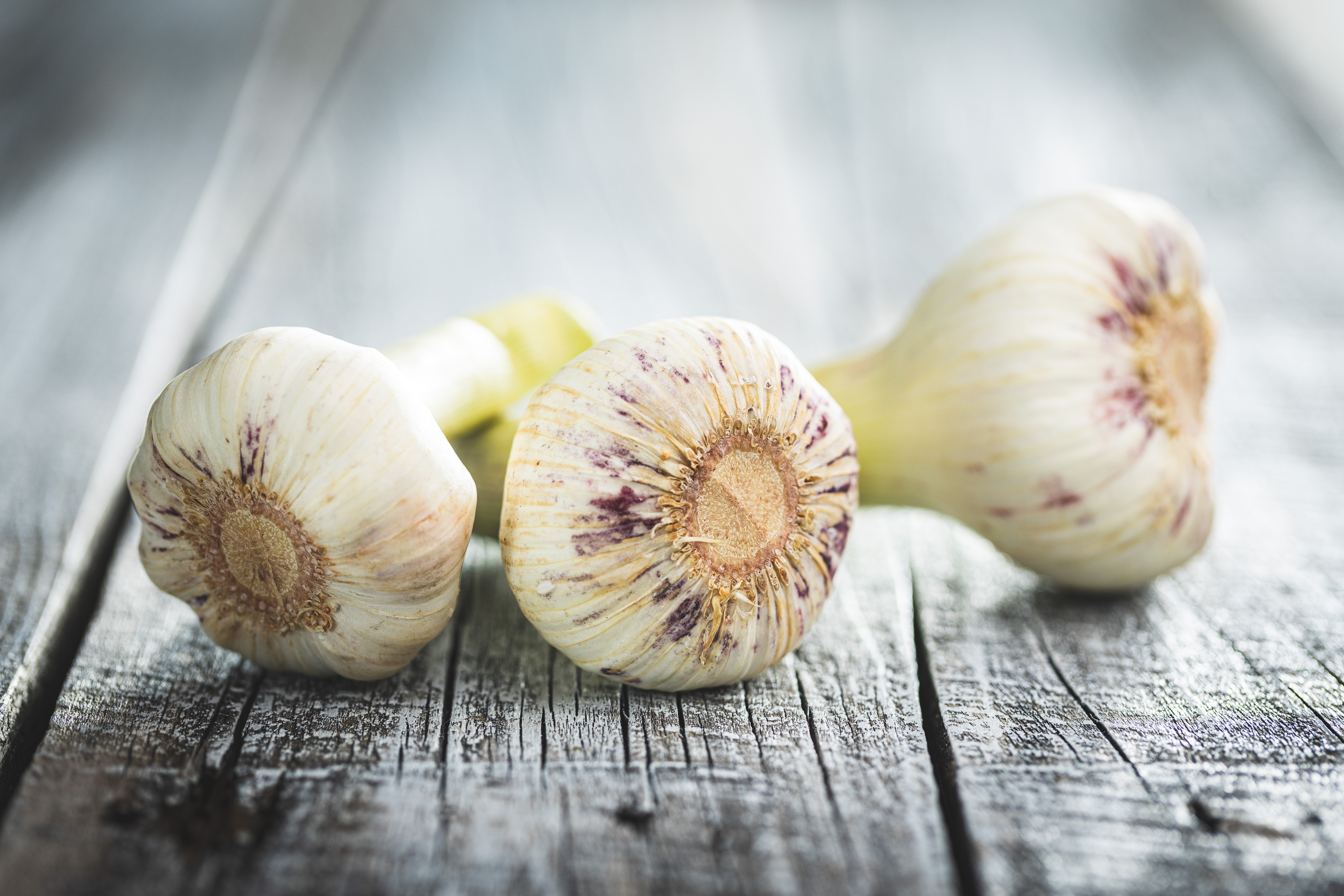
Garlic is not only a culinary staple but also a natural anti-inflammatory and immune-boosting superfood. It contains sulfur compounds, such as allicin, which help reduce inflammation and fight infections. Garlic has been linked to a lower risk of heart disease, high blood pressure, and even certain cancers. Use garlic to flavor soups, stews, and sauces, or roast whole garlic cloves for a sweet and mellow addition to meals. Minced garlic can be added to marinades, dressings, and sautéed vegetables. With its bold flavor and health benefits, garlic is an essential ingredient in an anti-inflammatory diet.
10. Green Tea
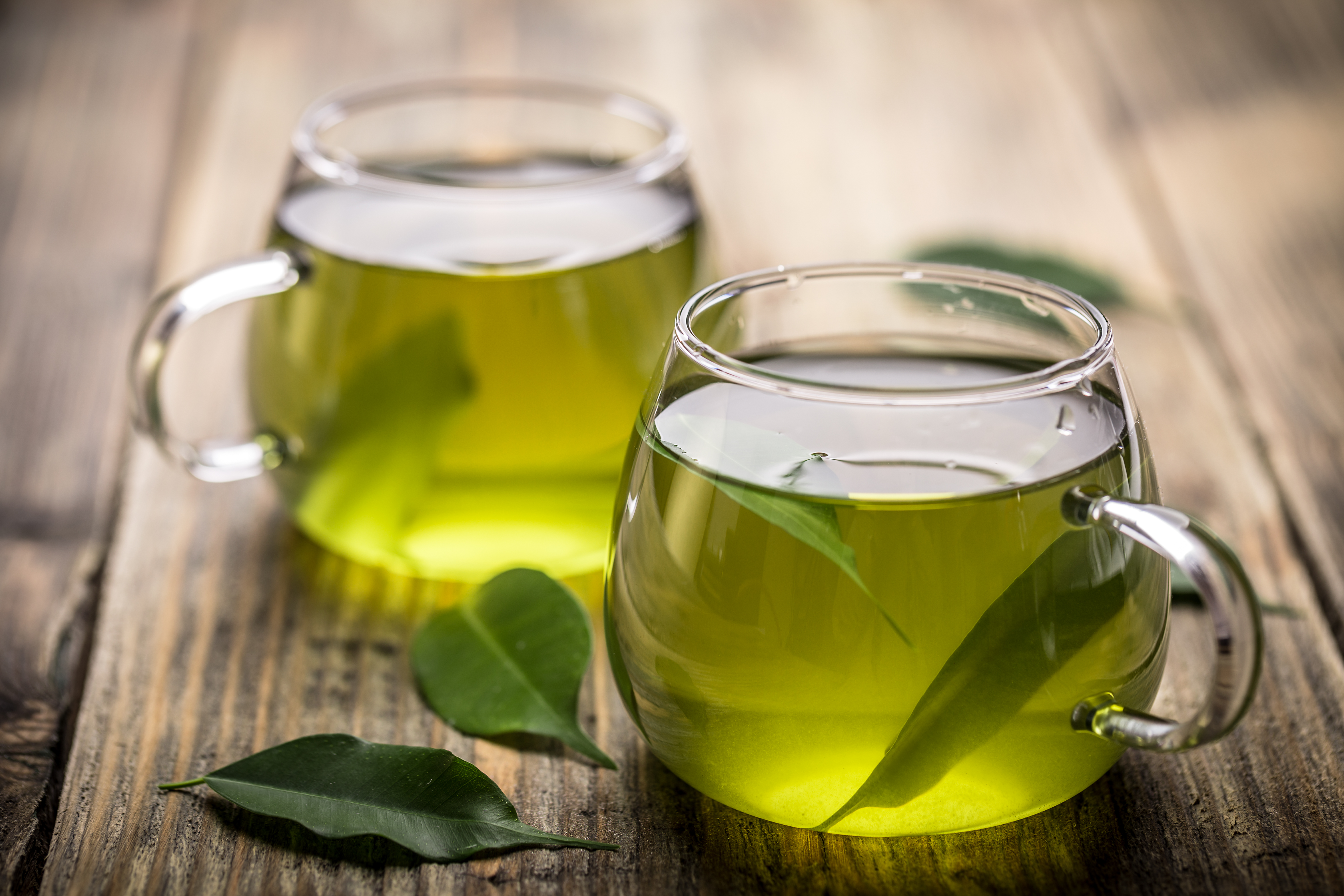
Green tea is a soothing beverage packed with antioxidants called catechins, which have powerful anti-inflammatory effects. It has been shown to reduce inflammation, lower the risk of heart disease, and even improve brain function. Green tea is also a great choice for weight management, as it can boost metabolism and help regulate blood sugar levels. Enjoy green tea hot or iced, and experiment with flavors by adding a slice of lemon, fresh mint, or a dash of honey. For a refreshing twist, use green tea as a base for smoothies or iced drinks. Drinking two to three cups a day can make a noticeable difference in reducing inflammation and improving overall health.
11. Avocado
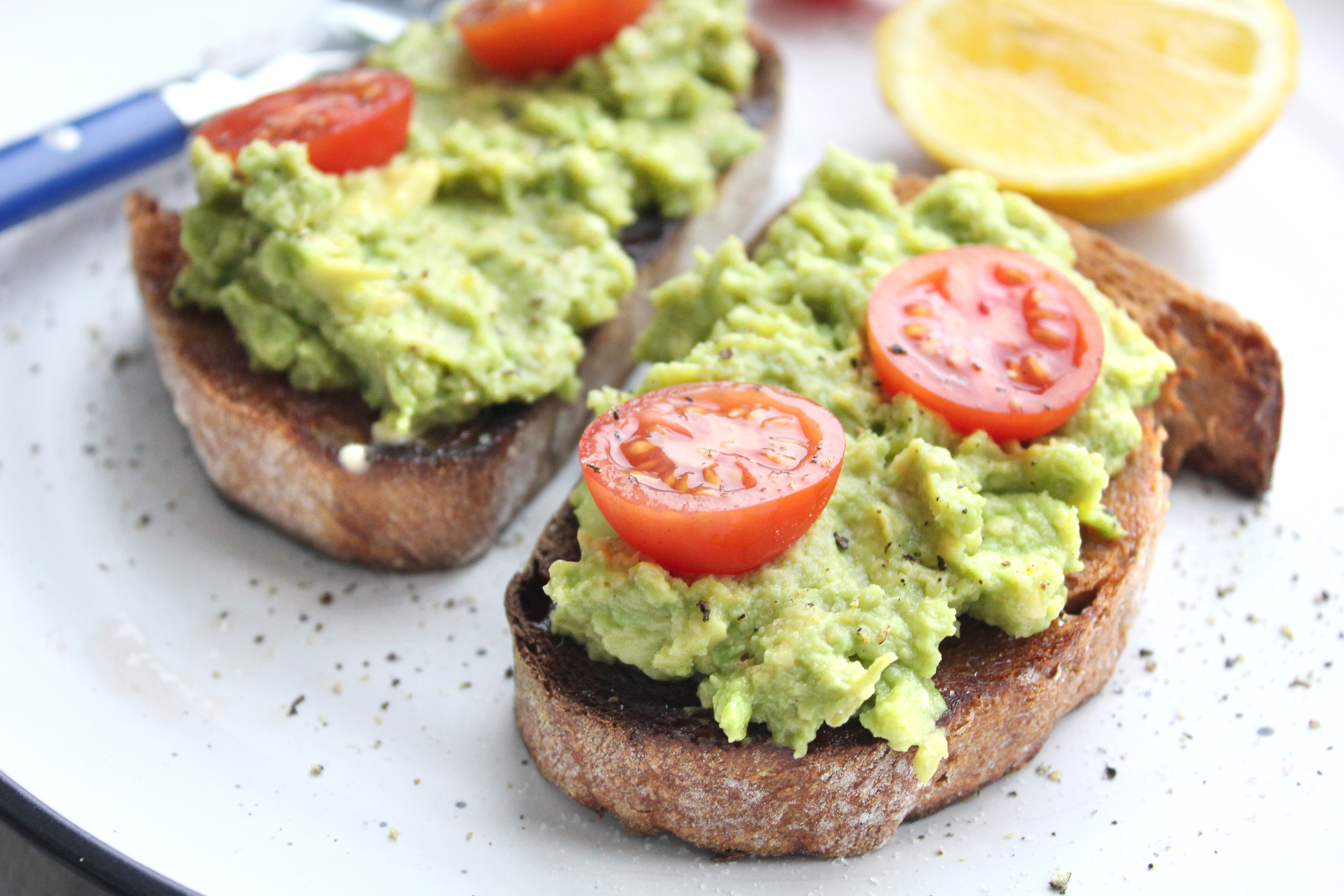
Avocado is a creamy, nutrient-rich fruit packed with monounsaturated fats, fiber, and antioxidants. Its high content of lutein and vitamin E helps reduce inflammation and support heart and eye health. Avocados are also incredibly versatile, making them an easy addition to any meal. Add avocado to salads, smoothies, or grain bowls for a rich and satisfying boost. Mash it into guacamole or spread it on toast with a sprinkle of seeds for a quick snack. With its creamy texture and mild flavor, avocado is both delicious and highly nutritious.
12. Broccoli
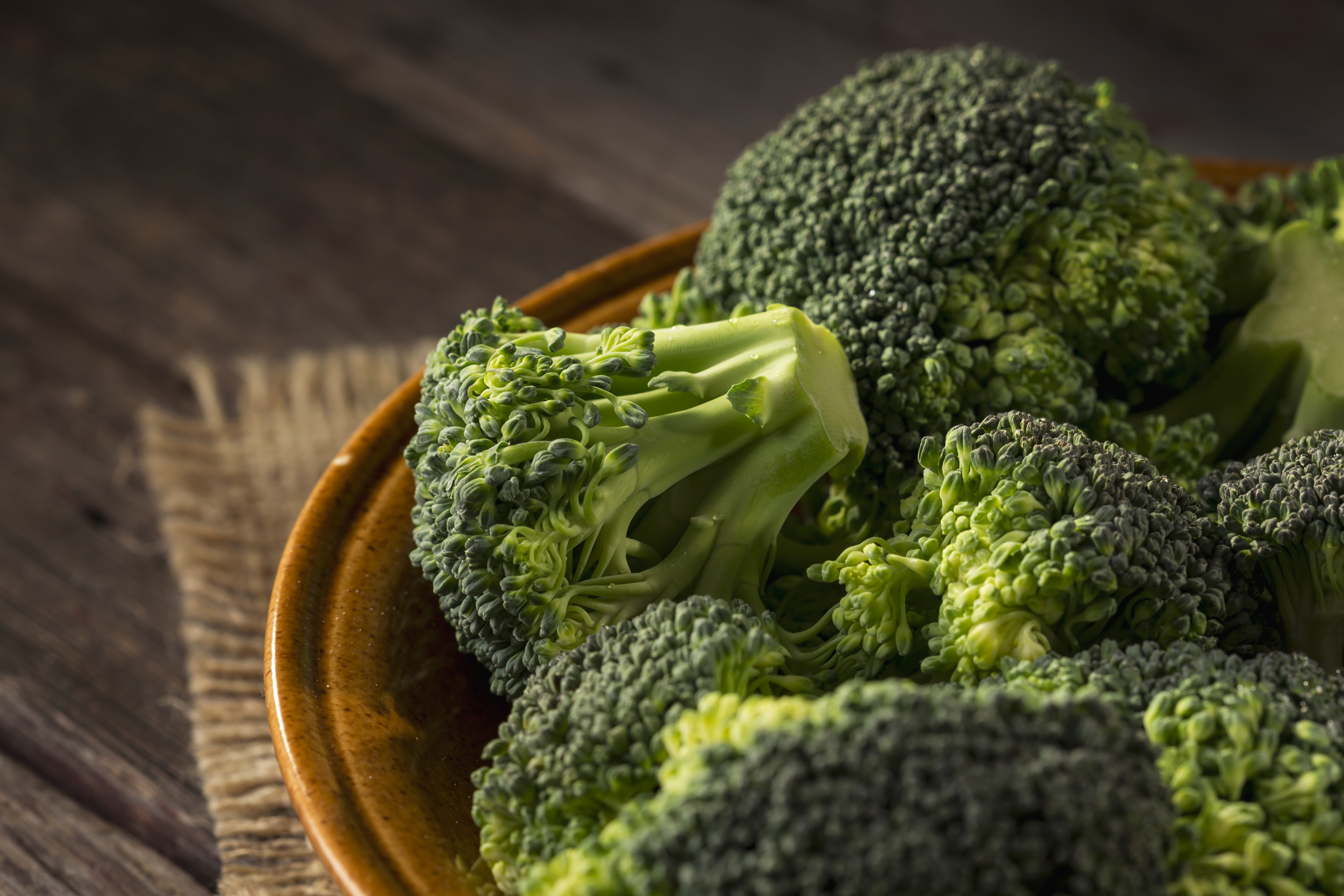
Broccoli is a cruciferous vegetable loaded with vitamins C and K, fiber, and sulforaphane, a compound known for its anti-inflammatory and cancer-fighting properties. Regular consumption of broccoli can help reduce the risk of chronic diseases and improve overall health. Enjoy broccoli steamed, roasted, or stir-fried with your favorite seasonings. Add it to soups, casseroles, or pasta dishes for an easy nutrient boost. Pair broccoli with garlic and olive oil for a simple yet flavorful side dish. Its versatility and health benefits make broccoli a staple in any anti-inflammatory diet.
Food For Thought

Inflammation is a natural process that, when balanced, plays a critical role in healing and protecting the body. However, chronic inflammation can disrupt this balance, leading to serious health complications over time. By focusing on nutrient-rich, anti-inflammatory foods, you can take control of your well-being and lower your risk of chronic diseases. Whether it’s adding a handful of berries to your morning oatmeal, cooking with olive oil, or enjoying a green tea break during the day, these small changes can add up to big benefits. Remember, the journey toward better health starts with one step. Experiment with these foods, incorporate them into your meals, and enjoy the process of nourishing your body. Over time, these healthy choices will become habits, and you’ll feel the difference in your energy, mood, and overall vitality. With the power of anti-inflammatory foods, you can take a proactive and enjoyable approach to a healthier, more vibrant life.